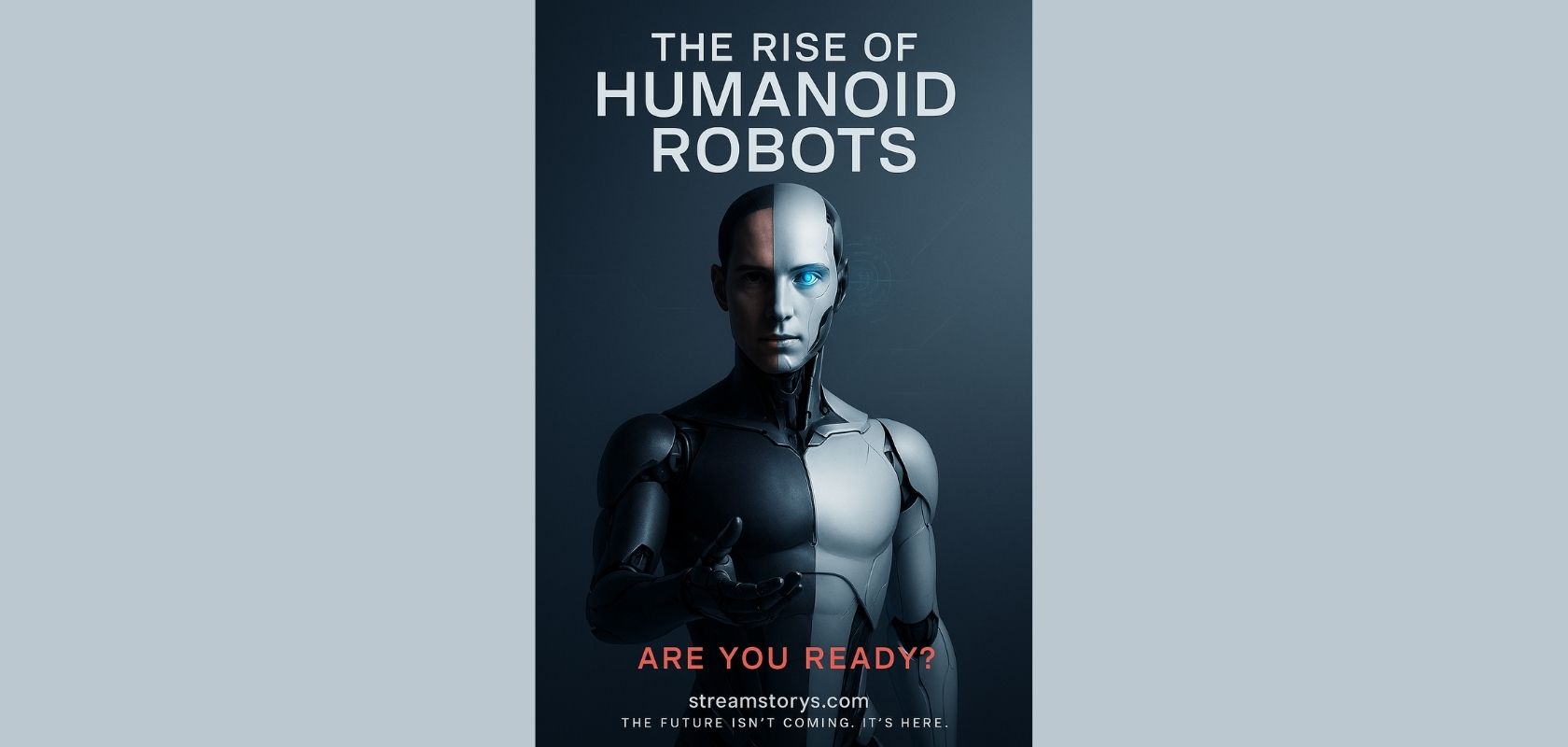
The Rise Of Humanoid Robots. Are you ready?
They walk.
They talk.
They blink like us. Smile like us. And soon… they may work like us.
Humanoid robots are no longer science fiction.
They’re here — and they’re evolving faster than society is prepared for.
🦾 What Are Humanoid Robots?
Humanoid robots are machines designed to look and behave like humans. They may have:
-
Human-like faces and emotions
-
Hands and limbs for complex tasks
-
AI brains that understand language and context
-
Sensors that respond to the world in real time
From Sophia by Hanson Robotics to Tesla’s Optimus, these robots are becoming real-world-ready.
🌍 Where Are They Already Being Used?
You’ll find them in:
-
Hospitals – Assisting patients, monitoring vitals
-
Restaurants – Taking orders, serving food
-
Hotels – Greeting guests, carrying luggage
-
Factories – Lifting, assembling, quality checks
-
Homes – As companions for the elderly and children
And soon… offices, classrooms, and even battlefields.
🔥 Why Is Their Rise Exploding Now?
Because of the perfect storm of:
-
AI breakthroughs (like ChatGPT-level language)
-
Advanced robotics (lighter, faster, more agile)
-
Cheaper sensors & chips
-
Massive investment from companies like Tesla, Boston Dynamics, Nvidia, and SoftBank
We’ve passed the tipping point.
Now it’s about mass production and adoption.
⚠️ What This Means For You
-
Job Displacement is Coming
Cashiers, delivery staff, even nurses — many human tasks are now robot-compatible. -
Privacy Will Be Challenged
A robot at home? That’s a camera, mic, and data collector with legs. -
Ethics Will Be Tested
-
Can robots feel?
-
Should they have rights?
-
Who’s liable if they hurt someone?
-
-
Relationships Will Evolve
Yes, people are already dating and marrying AI avatars.
Humanoid robots could take it further.
🧠 But There’s Also a Bright Side
✔️ They can do dangerous or dull jobs
✔️ Help the elderly live independently
✔️ Support disabled people with daily tasks
✔️ Boost productivity without burnout
The future isn’t human vs robot — it’s human + robot.
🤯 One Question Remains:
Are we emotionally, mentally, and legally ready to share our world with machines that look like us?
Because once robots become indistinguishable from humans…
We’ll have to redefine what it means to be human.